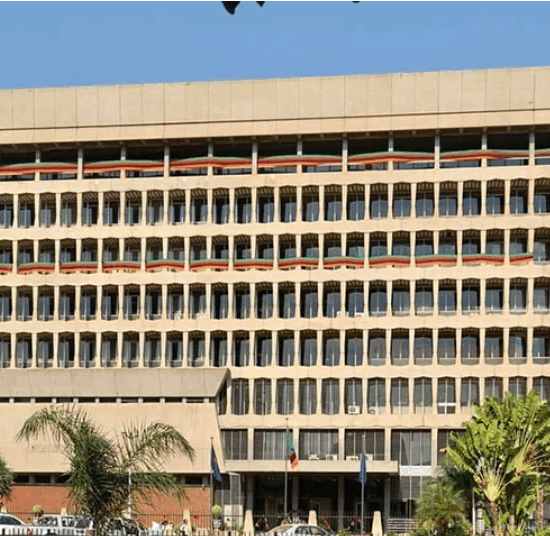
Zambia’s private sector faces a severe liquidity crunch as commercial banks shift their focus to government securities, raising fears about stagnating job creation, reduced exports, and slower economic growth. The root of the liquidity problem lies in the fact that commercial banks are investing about 70% of their treasury in government bonds and treasury bills, leaving just 30% for private sector lending. In an exclusive interview with former Zambia Development Agency Director Makula Makasa, he mentioned that this trend has devastating effects on business operations and employment. “If companies don’t have liquidity, they can’t expand their operations, and that means no jobs are created,” Makasa explained.
The consequences are twofold:
- Revenue losses for the treasury—as businesses fail to grow, the government collects less in taxes.
- Weakened export potential—without expansion, companies cannot contribute to foreign exchange through increased exports.
One may ask the question, “Why are banks preferring bonds?” The answer is that banks are reluctant to lend to the private sector due to high risks. “The government is a safer bet. With global economies slowing down, banks are advised to keep their money where returns are guaranteed,” Makasa explained.
The global economic climate, particularly the slowdown in China and the U.S., has further pushed Zambian banks to avoid risky ventures. Even sectors with growth potential, like agriculture, are seen as unreliable due to droughts and erratic rainfall.
With fewer loans available, job creation efforts have stalled. Makasa highlighted that youth unemployment remains a critical issue. “If we don’t find ways to extend capital to the private sector, the number of unemployed youths will only increase,” he warned. The lack of jobs also threatens the stability of pension funds, as fewer workers mean fewer contributions to the national pension system.
Makasa stressed the need for creative solutions to re-engineer Zambia’s capital markets. He called for policies that encourage banks to lend to strategic sectors that can generate jobs and drive economic growth. “The government must take deliberate steps to stimulate the private sector. If we fail to address this liquidity issue, we risk stifling economic progress,” he cautioned.







